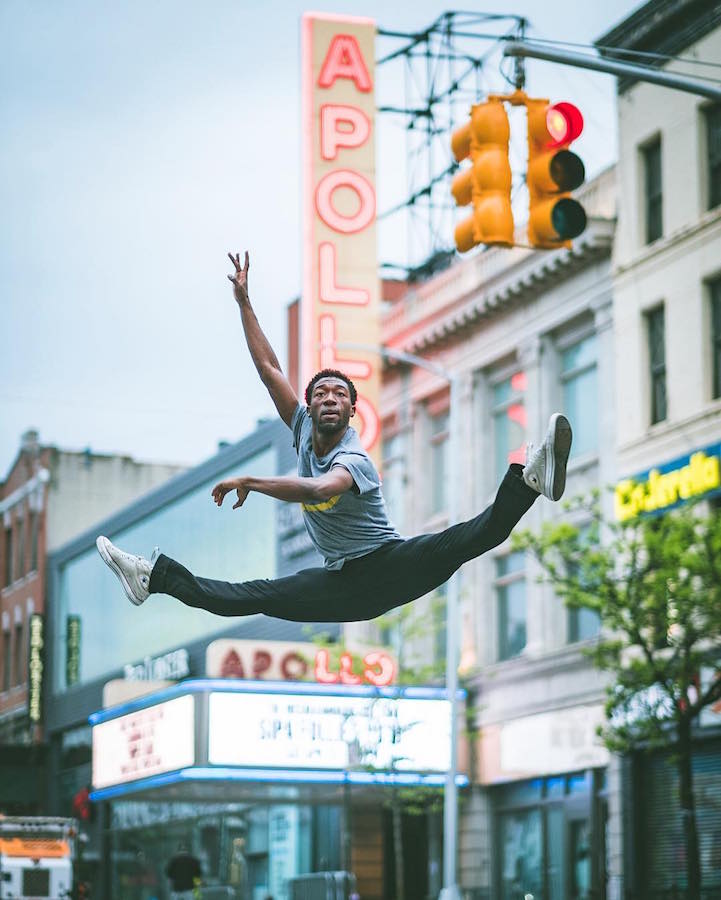Kathryn Lofton
I used to dislike Terry Gross. I probably still do. But I’ve outgrown some of my harshness. Or maybe it’s that I’ve stopped listening to her and focus now on the person to whom she speaks? Instead of ranting to friends about the guiltless ignorance of white liberalism, I now report on things I heard someone said on Fresh Air. I’ve become, in other words, the very person I used to decry.
 |
| Photo Credit: Omar Z. Robles. "Breathtaking Portraits Capture Ballet's Finest Dancing on the Streets of New York," My Modern MET |
I am not a ballet dancer. I have never known what it is like to wrap pointe shoes onto my feet and stand at a barre for eight hours a day. I have never ever worn my hair in a bun. And I will likely never do anything as well as Wendy Whelan dances. Yet when I heard Whelan talk about taking off the pieces of her constraint, I felt something so acutely kindred I had to press pause, rewind 15 seconds, and hear it again.
In the fall of 2007, I was on sabbatical and had no idea what to do. I had several different short writing projects due, but really I was supposed to be using this one semester off to write a book I did not want to write. Outside I maintained a careful performance of approved productivity. Inside I despaired. I hated the thing I thought I was supposed to do precisely because it was what I thought I had to do. I had no solutions other than doing more of the same. At least that will keep me employed, I thought. Even if it’s terrible, even if I think it’s as banal as Terry Gross’s questions, making something is better than nothing.
Then I got an e-mail from Paul Harvey saying I was welcome to post to his blog. “This is just a chance to post short and informal thoughts about your work if you're interested,” he wrote. At the time, I never said no to anything. So the question wasn’t whether or not I would post something, but whether it would be again—like so many other things I did—something I did because I thought I had no power. Or would it be something I did because I wanted to find some semblance of power through words, through community, through the randomness of play.
We don’t speak enough about how academic culture is a culture of constraint. We don’t say enough what it does to our minds and our bodies to be so determined by our ability to submit to constraints. We speak too fondly by half of our freedoms and not well enough, or often enough, about the marks it leaves at the end of the day to be so hemmed in by hierarchy, etiquette, tradition, and authority. In fall 2007 Paul Harvey said I could try my hand at informal ways of being nerdy and for me this was like inviting a ballerina to do the jitterbug. I wrote some goofy pieces about Evel Knievel, Joe Francis, and Frank Rich, and within months I had recalibrated myself. The gift of informality he offered was an invitation to find another way to speak. This informality gave me a new eye to the purpose of formality. How formality could be a choice and a strategy and not just subjection. Every young nerd deserves this gift, this opportunity to see who you can be unstrapped from the ties that bind.

No comments:
Post a Comment